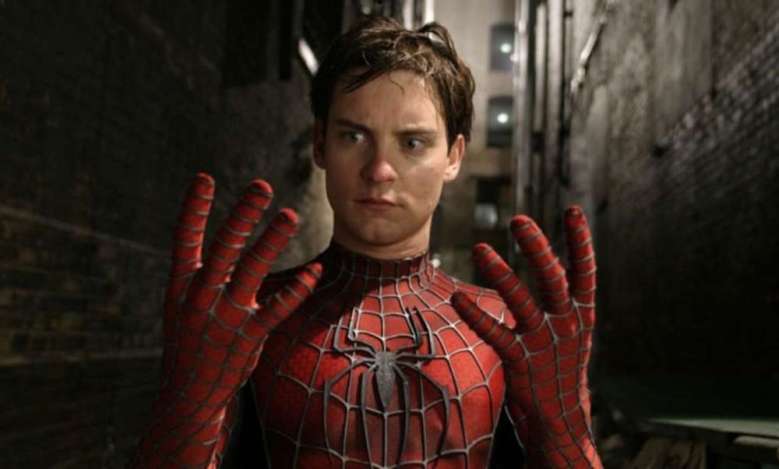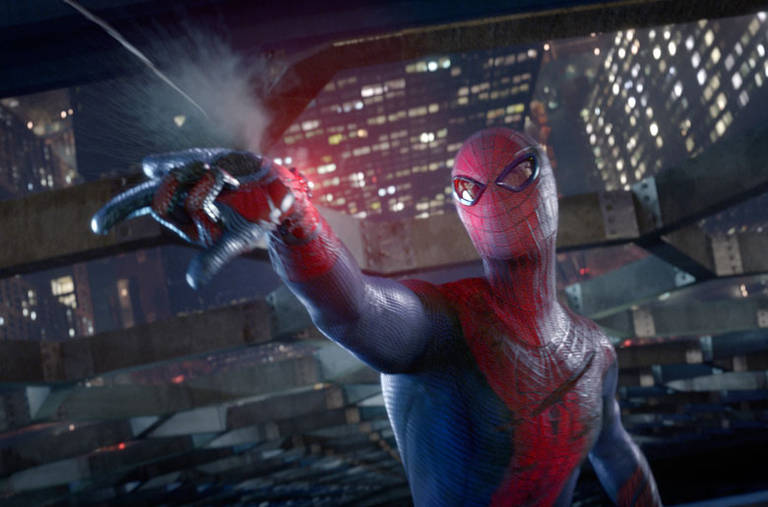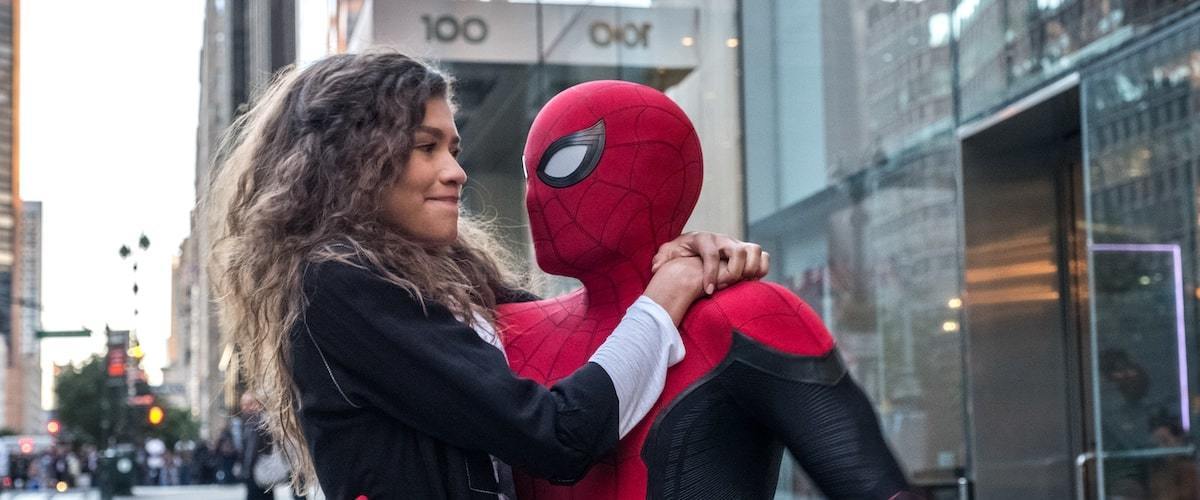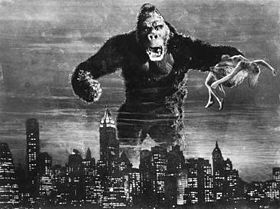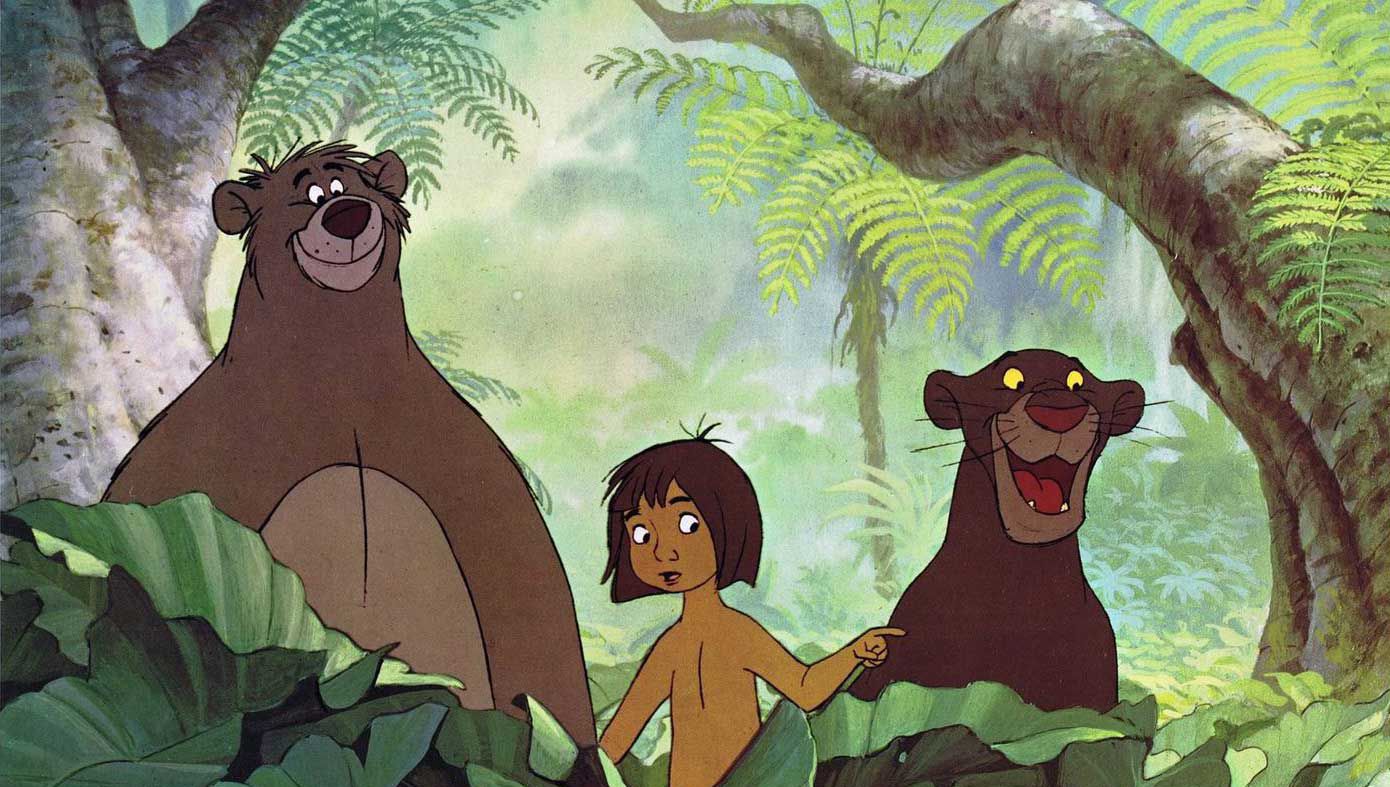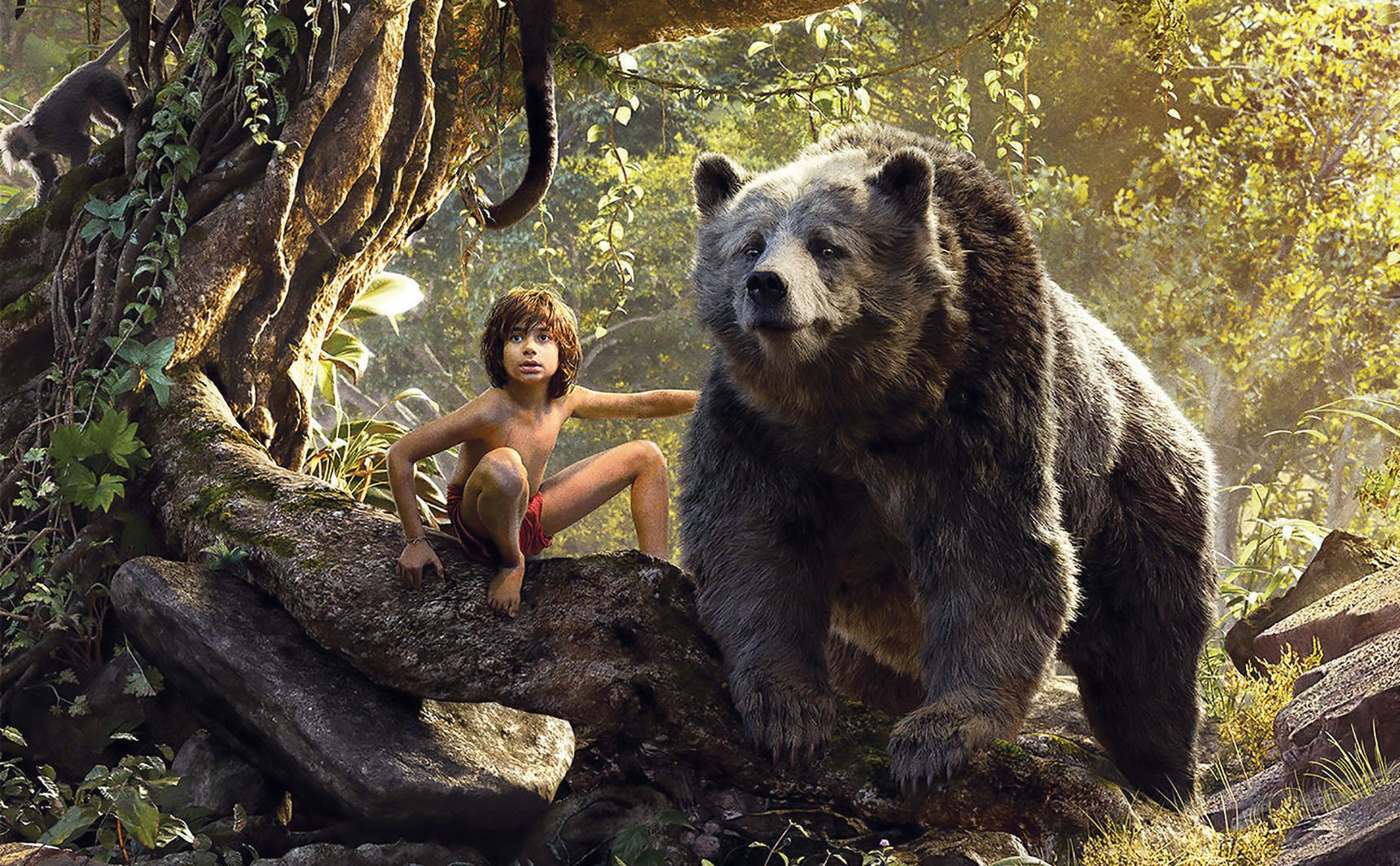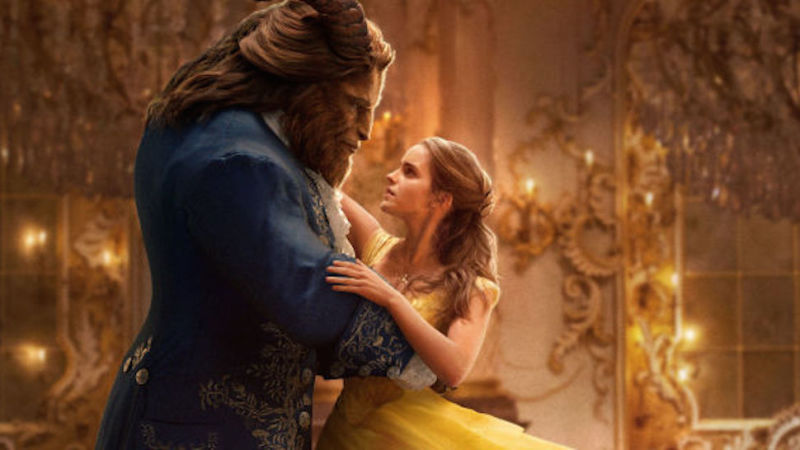Movie Remakes
Alongside sequels, movie remakes have become a frequent sight at the multiplex. Hollywood loves making old movies new again and we’re seeing it more and more as studios look to past hits to create future successes and Disney mines its animated back catalog for fodder for live-action and photo realistic computer animated remakes. So where did remakes start? Why are we seeing so many of them right now? And is there ever a good reason for doing a remake?
What was the First Movie Remake?
Director Siegmund Lubin’s 1904 remake of The Great Train Robbery
We may be seeing a lot of them right now, but remakes are nearly as old as film itself. In the early years of the 20th century, when the rules of filmmaking and film distribution were - both literally and figuratively - not yet written, it was extremely common for early moviemakers to shoot their own versions of existing films. The practice was so common that it’s hard to pin down which movie did it first. One possible candidate is the remake of the famed 1903 film The Great Train Robbery. The original film is regarded as one of the early narrative films and the first film Western. The remake came out less than a year later and featured the same title and same plot, but a different director. Copyright laws regarding film were few to nonexistent at the time, so early theaters often screened such blatant unauthorized remakes or illegally made copies of popular films.
Copyright law eventually caught up with the times and ended the practice of reshooting, releasing, and profiting from another person’s movie. But legal remakes continued to be a thing, whether they came from the same filmmaker revisiting an old idea or a studio with the rights to an old movie and a new idea of how to make it.
Why So Many Remakes?
Big studios making big movies with big budgets don’t like to take big risks. Everything from the growth of the international audience to advances in home theater technology and quality to the rise of streaming services has made the theatrical movie market a very different place than it once was. When the goal is increasingly to have that blockbuster film that everyone goes to see, it helps when the audience already knows the property and likes it. Like sequels, remakes are instantly recognizable to audiences and can generate immediate interest in ways an original film may not be able to.
Are Remakes and Reboots the Same Thing?
While they are related and we’re seeing plenty of both lately, remakes and reboots are slightly different.
A remake is one film that tells the same story with the same characters as the original. There may be changes, small or big. but we can usually count on seeing something similar to the movie we know. We may not get a talking dragon or a hunky shirtless love interest in the live-action Mulan, but we can at least expect a movie about a Chinese woman disguising herself as a man to become a solider. A reboot is usually the start or intended start of a new series of films. It may or may not cover the same narrative as one or more or the films in the original series. Some characters will stick around, but others may not. Reboots are emphatically not sequels; they’re the start of a new story with familiar characters. So when we watch Spider-Man: Homecoming, we understand that we’re not only seeing a new cast, but also a new narrative in which the events of the previous Spider-Man films probably didn’t happen.
Why Do Movies Get Remade?
From a studio or financial perspective, the possibility that people will pay money to see an old movie made new is reason enough to greenlight a remake. As with sequels, remakes are seldom “necessary,” whether or not they’re any good. But there are reasons beyond the almighty dollar why remakes happen. In general, a movie is a good candidate for a remake if there is something keeping it from appealing to a new or wider audience that can be changed.
Special effects are historically a big reason movies get remade. Older special effects aren’t necessarily “worse” than more modern ones, but there are times when either technology or budget weren’t up to the task of making a movie’s visuals live up to its ideas. Dated effects can be overly distracting for some audiences, taking them out of the movie. As long as effects technology and audience expectations keep changing, special effects heavy movies are going to be remade.
Some movies age in ways that can make them less accessible for their target audiences, becoming unintentional “period pieces.” Not every film set in decades past suffers from this, but there are movies where the era they were filmed in starts to play more of a part than the filmmakers intended. Movies for kids set in the “present day” can become quickly dated, in part because kids are assumed to have less understanding of or interest in movies set before their time. Horror movies are often set in roughly the year that they’re shot, making them that much more relatable to audiences of the day. But time passes and the twenty to thirty years out of date tech, clothes, and hairstyles look jarring. Again, it’s not an insurmountable hurdle for every viewer. But yesterday’s “now” always becomes today’s “then,” and for movies that want to be about what’s happening now, a remake may be in order.
It’s not just visuals that age poorly. The overall culture changes and some ideas that were once acceptable or even progressive may look anywhere from old fashioned to offensive to a modern day audience. If that idea is at the core of the story, a remake may not be possible. But when the problem material isn’t central, a remake can give new viewers the chance to enjoy the good of the story without having to cringe through something that has no place in a modern movie.
These are by no means the only reasons movies get remade. Major changes in how movies are made - such as the switch from silent to sound film or from black and white to color - have often spawned remakes. Foreign films believed to have appeal for audience who may find subtitles or the unfamiliar setting an obstacle are also prime targets for remakes.
Does a Remake Have To Be Faithful To Br Good?
What makes a movie “good” or “bad” is always up for debate. But is a remake required to stick as close to the original as possible? My answer is “no,” with a caveat.
It doesn’t serve anyone’s interests for a studio to pull a “bait and switch”: putting out a remake that resembles the original film in name only. The main point of doing a remake is to give the audience something they already know that they like, so why bother if you’re just going to slap the title on something totally unrelated? Releasing a remake sets up a basic expectation that the new movie will at least bear some similarity to the old one and that expectation is fair.
That said, the original movie already exists. Thanks to DVD, Blu-Ray, streaming, and whatever format comes next, people can watch the original whenever they want. If there’s a theatrical rerelease or a good repertory cinema nearby, they might even be able to see it in the theater again. A completely faithful remake can leave audiences wondering “What’s the point?”. Worse, it removes the possibility of bringing anything new and different to the film. Even if the original movie is still watchable to a modern audience, that doesn’t mean there’s nothing that could be done differently or even better. There could be new casting opportunities that help the film appeal to even more people, new ways of telling the story to make it more relatable, ideas from the source material for the original that were left out of the previous film, or just different ways of doing things that work better for this version of the story. If the new version isn’t doing anything differently than the original, then it doesn’t have much reason for being made.
Is It Okay if I’m Upset About a Remake?
You can feel however you want to feel about any remake, reboot, sequel, adaptation, or original movie. You are also perfectly free to express your opinions about the remake and the choices being made in remaking the movie. The problem - from my perspective - is not that people think particular remakes or remakes as a concept are bad. Countless articles have been written about Hollywood’s over reliance on sequels and remakes and how hard it is for a completely original film to get noticed. Individually, a remake can be good, bad, or in between. There are plenty of fun, interesting, and respectful conversations to be had about remakes, when they work, when they don’t, and how particular choices might change the story or not.
It’s those changes that are often the most interesting things to talk about in discussing a remake and the most important things to have a good understanding of. Some changes have repercussions for the story while others do not. Sometimes a character’s gender, nationality, sexuality, race, or other trait may be a key part of the story. Other times, it isn’t. And even when some major element is changed in a way that alters the narrative, that isn’t always a bad thing. Discussing your thoughts about a remake or examining them on your own can help you to understand what your issues with the changes are about something key to the story being lost or just that it’s different from what you know.
Even if you are ultimately reacting to the unfamiliarity rather than story problems, it is still completely okay for you to decide the movie is not for you and move on. It doesn’t mean the movie is bad. With movies aimed at kids or families in particular, the changes may be less about the movie and more about you. Movies we loved as kids can occupy special places in our hearts, tangled up with memories of when we saw it and who we were. But we aren’t those same children who saw that original movie anymore and it’s not reasonable to expect that a remake will make you feel the same way you did when you saw the original for the first time. If it does, wonderful, but if it doesn’t, that’s not necessarily a failing of the movie.
It is fine to be disappointed by the missed opportunities of a bad remake or to feel sad that the movie isn’t working for you. But your copy of the original is still on your shelf or your hard drive. Your feelings for that original are still there. A remake might change the movie’s story, but it doesn’t change yours.



